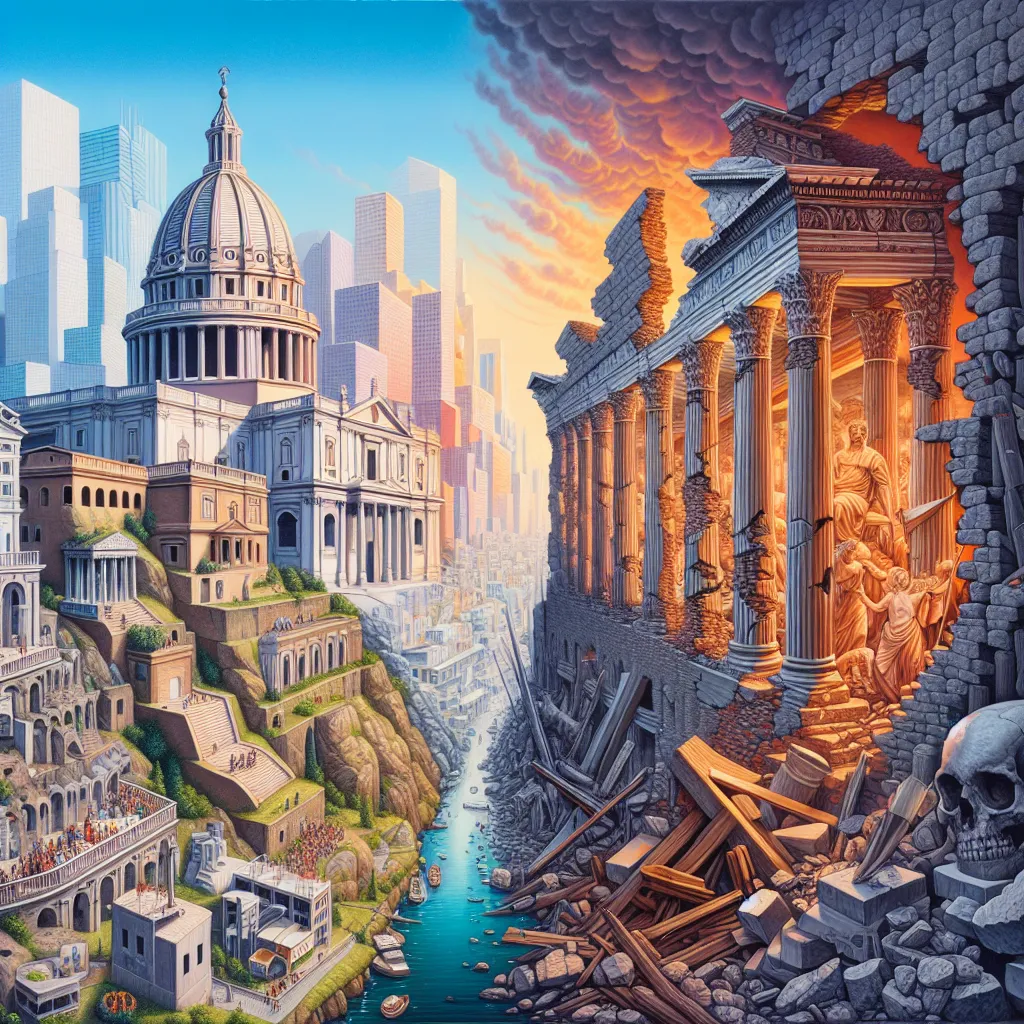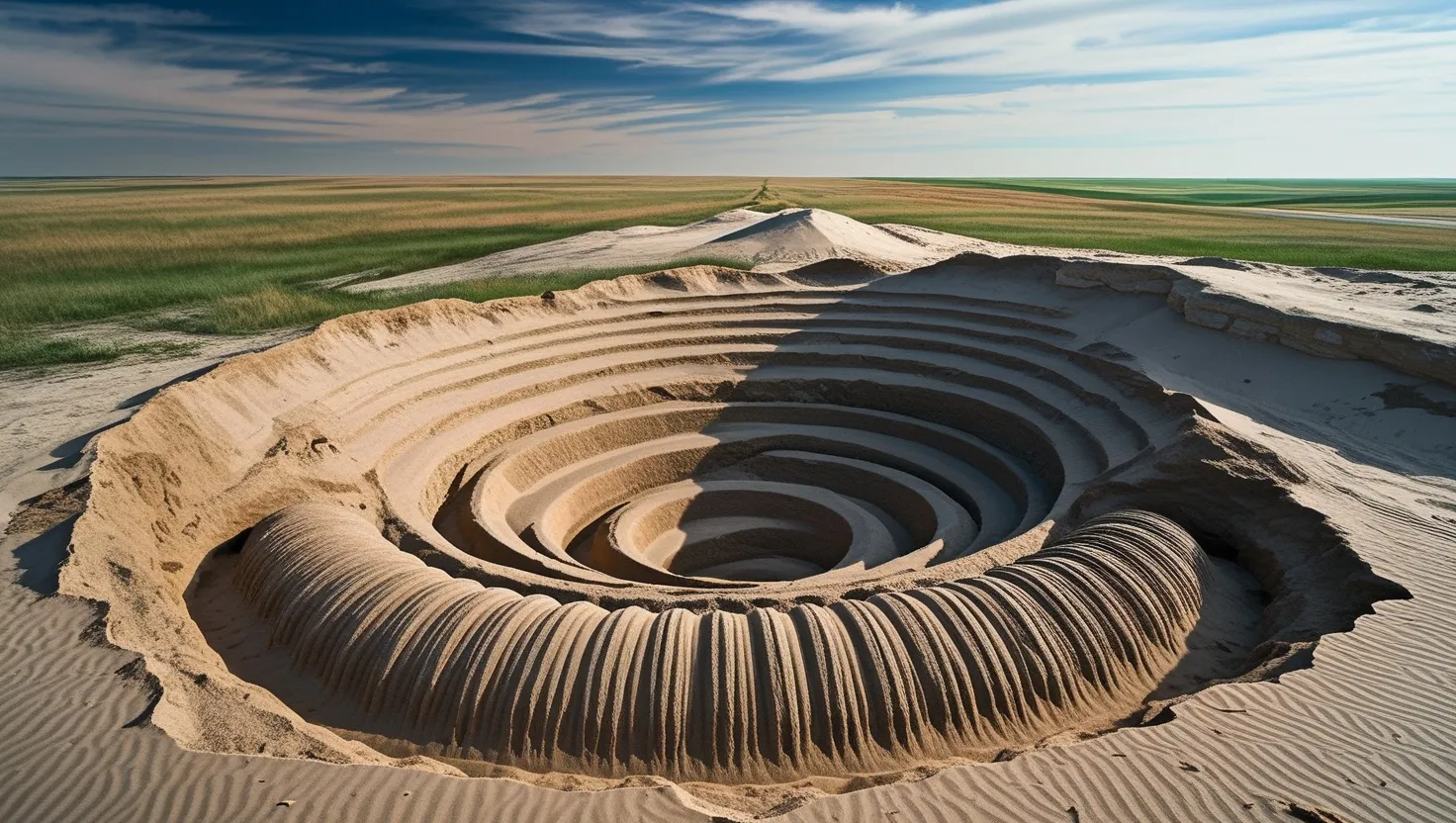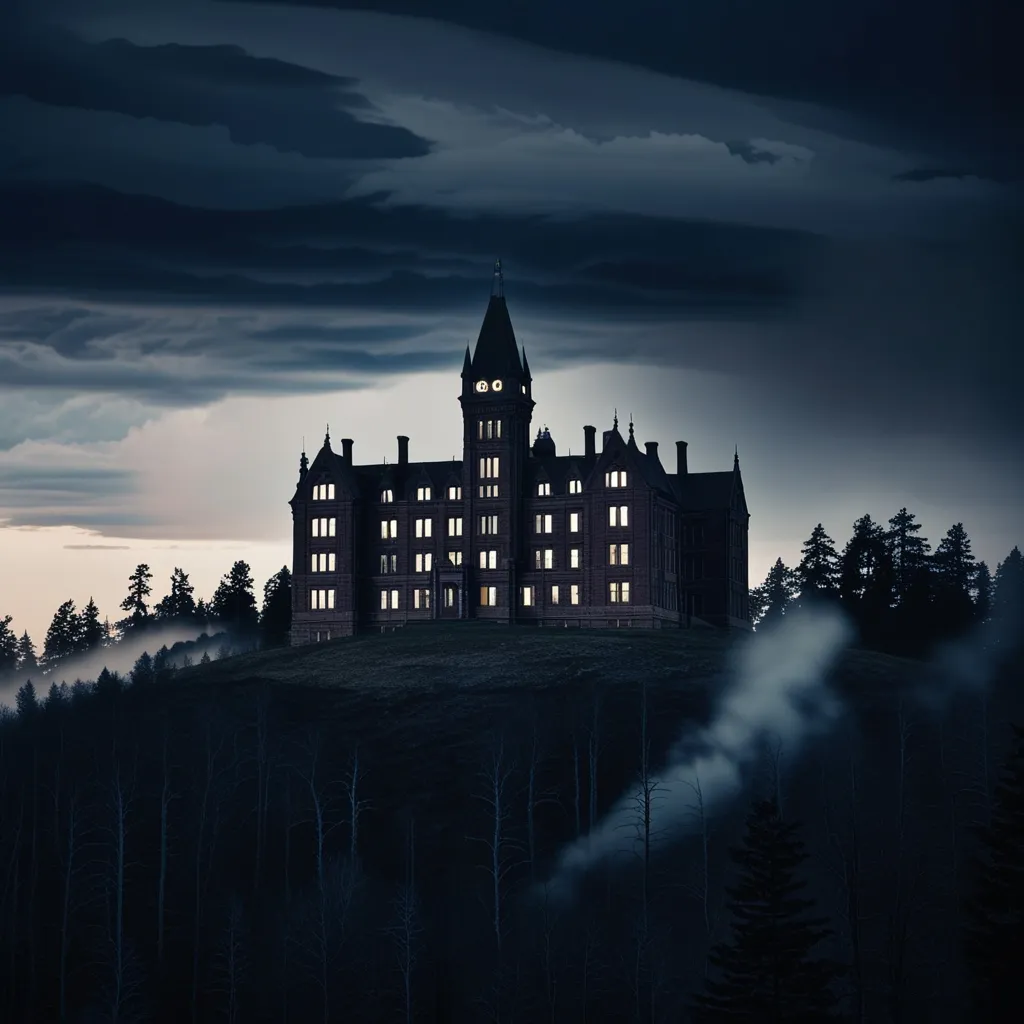At its peak, the Roman Empire housed around 30% of the world’s population and represented the height of human advancement. People enjoyed central heating, concrete, double glazing, banking, international trade, and social mobility. Rome was the first city in history with a million inhabitants, a hub of technological, legal, and economic progress—a powerful empire no one thought could fall. But it did, slowly then suddenly.
Civilizations are complex societies with specialized labor, social classes, and ruling institutions. They share a dominant language and culture, domesticating plants and animals to support large cities and impressive monuments. Civilization allows us to be efficient, gather vast knowledge, and harness natural resources. Without it, most of us wouldn’t exist.
Civilization collapse is more common than we think, usually happening every 340 years on average. When it collapses, it shatters shared cultural identity, lowers living standards, increases violence, and decreases populations. Civilizations might vanish, get absorbed, or give rise to something new, sometimes with more primitive technology.
Looking at our modern, global civilization, we see immense progress. Our cities stretch vast distances, we fly across the skies, and communicate instantly. Industrial agriculture and modern medicine enable us to feed billions and achieve the longest lifespans ever. But being so interconnected also makes us more vulnerable. A global collapse would be catastrophic—most people alive today would perish without industrial agriculture. Worse, it might prevent us from ever re-industrializing, ending our dreams of a flourishing future as a multiplanetary species.
History shows us resilience. The Roman Empire collapsed, but others like the Byzantine Empire carried on. Even the Black Death, killing a third of Europeans and a tenth of the global population, didn’t collapse global civilization. Recovery followed horrendous events like the atomic bombing of Hiroshima, which rebuilt and flourished.
Despite the destructive power we now possess, like nuclear arsenals and engineered viruses, there are reasons to be optimistic. Even with a massive population drop, many survivors would know how to produce food using modern high-yield crops. Rebuilding industrial capacity might be slower due to economic scaling issues, but possible over time.
We need to reserve easily-accessible coal for future crises to ensure recovery. Knowledge in our 2.6 million libraries is another hope, as it could guide post-collapse survivors to reverse-engineer technology.
In conclusion, while threats remain high—from nuclear war to pandemics—humanity is incredibly resilient. Even if a global collapse happened, recovery seems likely, though with hardship. It’s crucial, though, to prepare and mitigate these risks before it’s too late—because the stakes are incredibly high.






